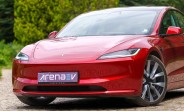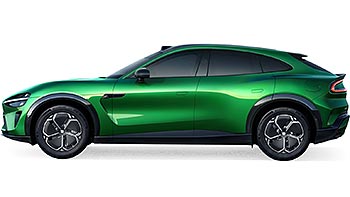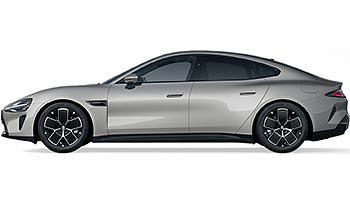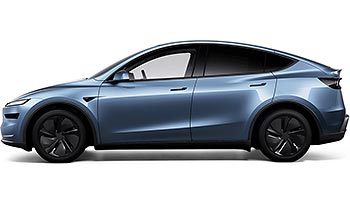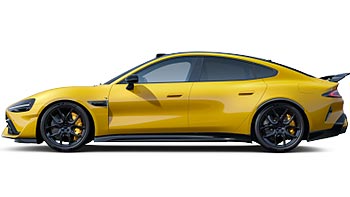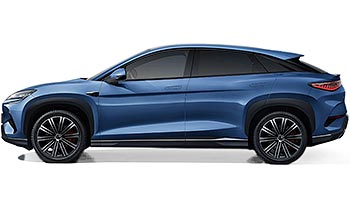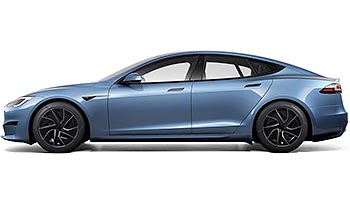Volkswagen injects another $1 billion in Rivian

Volkswagen is moving ahead with its high-stakes bet on Rivian, injecting a second $1 billion into the American electric vehicle maker. The payment came through after Rivian met critical financial targets, and it will deepen the alliance that a cash-hungry Rivian desperately needs and that Volkswagen hopes will finally solve its persistent software headaches.
This latest capital infusion is a key part of a $5.8 billion agreement hatched last year. The deal is structured to ultimately make Volkswagen the largest single shareholder in Rivian, displacing Amazon, as long as the EV startup continues to hit a series of agreed-upon milestones. For now, Volkswagen's stake, which was 8.6 percent after the initial billion-dollar investment, will grow, although the precise new figure has not been disclosed.
 Rivian R2
Rivian R2
The partnership centers on a joint venture, dubbed Rivian Volkswagen Technologies, which will receive $2.3 billion of the total investment. Its mission is to co-develop the electronic brains and software that will power the next generation of electric cars from both companies. It's no secret in the automotive world that Volkswagen has struggled to develop cutting-edge vehicle software in-house, leading to costly delays and glitches in its own EV lineup.
The collaboration is officially a two-way street, but many industry observers see Volkswagen as the primary beneficiary. The first tangible result of this tech transfer is expected to be VW ID.1, a small electric car planned for a 2027 debut. The company wants to sell this vehicle for a starting price of around $23,000, with production to begin in Portugal in September 2027.
 Rivian R3
Rivian R3
The steady drip of German cash is a lifeline for Rivian. The California-based company is famous for its rugged R1T pickup and R1S SUV, but it has yet to turn an annual profit. Rivian posted a gross profit in the fourth quarter of 2024 and the first quarter of 2025 – the milestone required to unlock Volkswagen's latest billion-dollar payment – but its overall financial picture remains challenging. For 2025, Rivian projects an adjusted EBITDA loss between $1.7 billion and $1.9 billion.
The company recently announced a drop in second-quarter deliveries, with 10,661 vehicles handed over to customers, a 23% decrease from the same period in 2024. Rivian attributed the slowdown to retooling its plant in Normal, Illinois, for the upcoming 2026 models. The firm is also facing softening demand for the R1 series, which, despite its innovative features, may be too expensive for the mass market. As a result of the impact of tariffs on parts and materials, the company has now lowered its delivery forecast for the year to between 40,000 and 46,000 vehicles.
 Rivian R3X
Rivian R3X
Future growth for Rivian now relies heavily on the success of its new models, the $45,000 R2 crossover and the even smaller R3. The R2 will go into production in 2026, and is the company's first true mass-market vehicle. The capital from VW is expected to provide a long enough financial runway to get the R2 and R3 into production and, hopefully, lead the company to sustained profitability.
The next payments from Volkswagen, including another $1 billion in 2026, are tied to achieving technological, not just financial, milestones, with a final $500 million installment dependent on the successful production launch of the first VW model running on Rivian's tech.
Related
Reader comments
Nothing yet. Be the first to comment.



